Mozambique: Ossufo Momade "must resign, there is no other way"
III Session of the Sectoral Political Dialogue on Human Rights between the Government of the Republic of Mozambique and the European Union
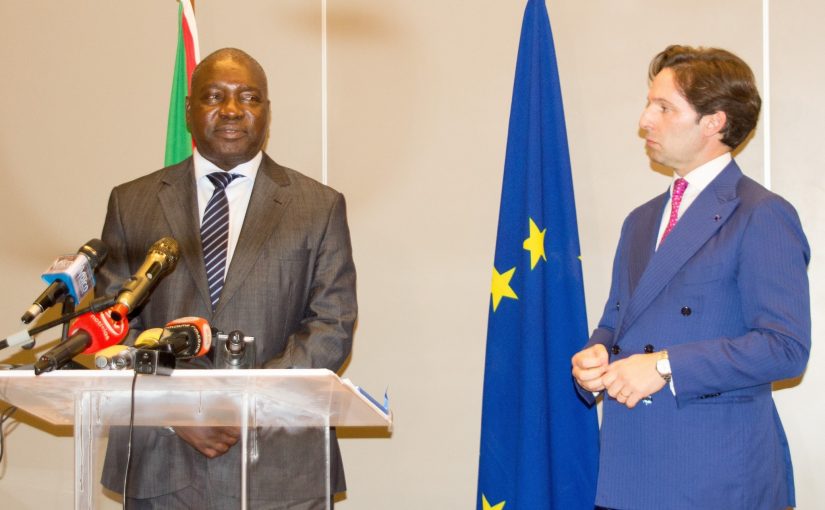
All photos: Ministério da Justiça, Assuntos Constitucionais e Religiosos
Joint Communiqué
The III Sectoral Political Dialogue on Human Rights between the Government of the Republic of Mozambique and the European Union took place on 29 October 2025, in the capital city of Maputo, at the Montebelo-Indy Village Hotel.
1. The Delegation of the Republic of Mozambique was headed by His Excellency Mateus Saize, Minister of Justice, Constitutional and Religious Affairs, and included senior officials from the respective Ministry, the National Penitentiary Service, the Legal Aid and Sponsorship Institute, the Centre for Legal and Judicial Training, the Justice Administration System, as well as the Office of the National Authorising Officer- Ministry of Foreign Affairs and Cooperation.
2. The Delegation of the European Union was led by His Excellency Ambassador Antonino Maggiore, Head of the Delegation of the European Union to Mozambique, and included Ambassadors and Diplomatic Representatives of EU Member States resident in Mozambique.
3. The two delegations engaged in an open and constructive dialogue on priority issues related to human rights and international humanitarian law, reaffirming their shared commitment to the protection and promotion of fundamental rights, the inclusion of vulnerable groups, and access to justice and reparation.
4. During the dialogue, the participants assessed the level of implementation of Mozambique’s national and international commitments on human rights and international humanitarian law, including the recommendations from the Third Cycle of the Universal Periodic Review and the commitments undertaken during the Second Sectoral Dialogue in 2022, acknowledging both the progress achieved and the challenges that remain.
5. The importance of protecting the rights of persons in situations of vulnerability was underscored, particularly of women and girls, as well as human rights defenders and other marginalised groups. The need to ensure the active and meaningful inclusion of these groups’ voices in decision-making processes and in the Inclusive National Dialogue was also highlighted, as a key element of participatory and inclusive democracy.
6. The European Union expressed its concern regarding reports of serious human rights violations, including excessive and indiscriminate use of force, arbitrary detentions, enforced disappearances, and intimidation of journalists and human rights defenders during and after the 2024 electoral period. It encouraged the Mozambican authorities to conduct the necessary investigations with full transparency and to ensure the effective accountability of those responsible.
7. Recognising the challenges of operating in a complex context such as the fight against insurgency in northern Mozambique, the European Union underlined that the protection of human rights and upholding of international humanitarian law by the security forces are essential, stressing that accountability and respect for fundamental rights are pillars of sustainable peace, lasting stability, and democratic governance.
8. Both delegations recognised the importance of ensuring effective and accessible mechanisms for reparation and justice for victims, as well as promoting accountability for human rights violations, thereby strengthening the fight against impunity and respect for due judicial process.
9. The joint commitment to promote peace, social cohesion and inclusive development was reaffirmed, recognising that the respect for and protection of human rights are fundamental pillars for the consolidation of democracy and the rule of law.
10. Both delegations expressed satisfaction with the holding of the Third Human Rights Dialogue, which took place in an atmosphere of openness, cordiality and constructive spirit, and agreed that the Fourth Sectoral Dialogue on Human Rights will take place in 2027.
- Maputo, 29 October 2025
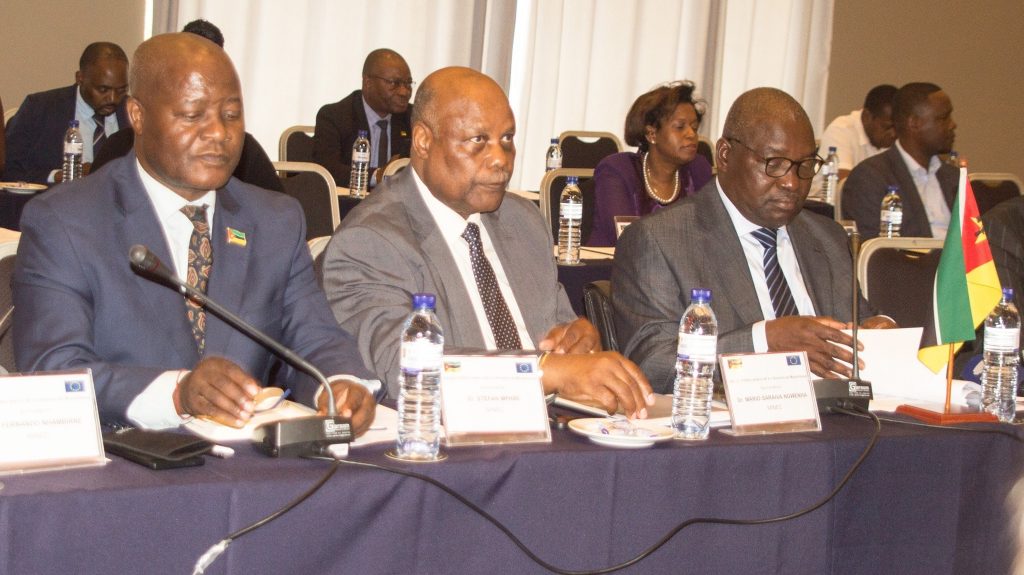
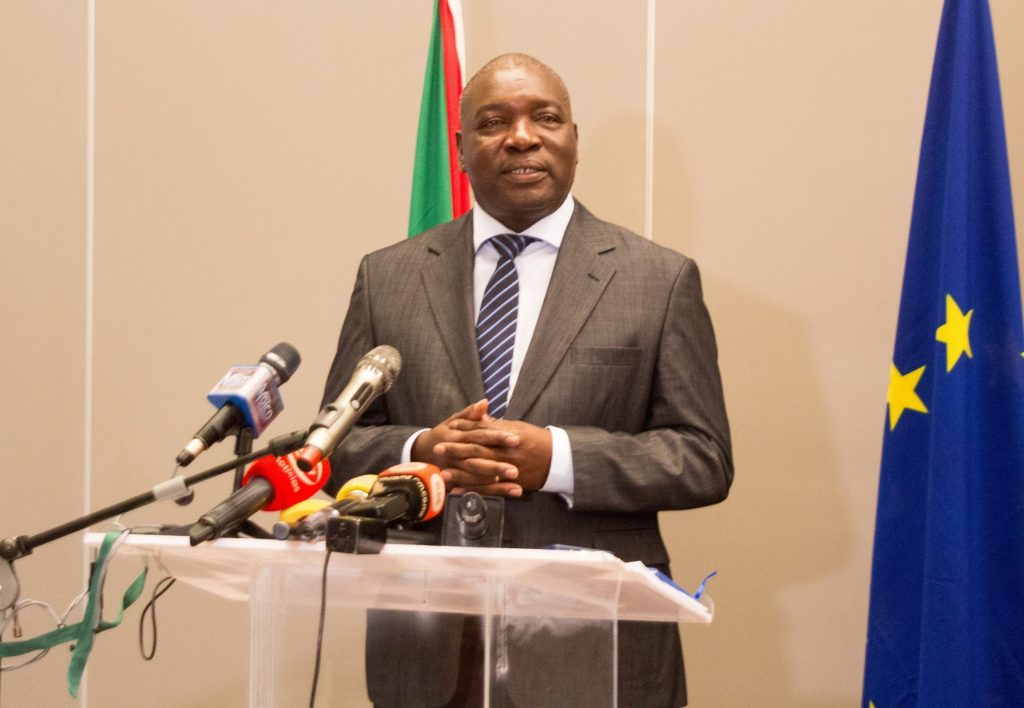
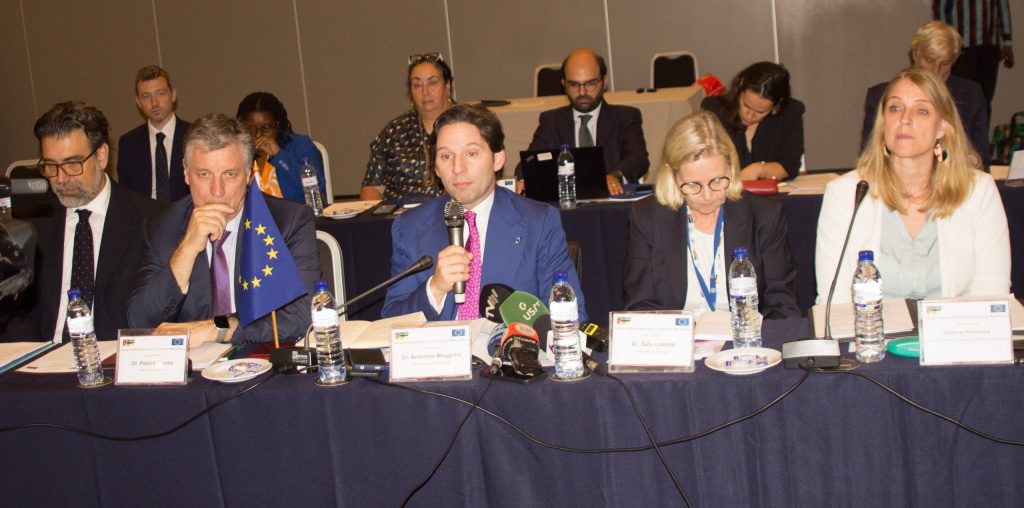



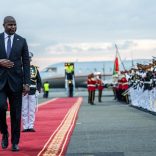


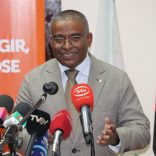





Leave a Reply
Be the First to Comment!
You must be logged in to post a comment.
You must be logged in to post a comment.